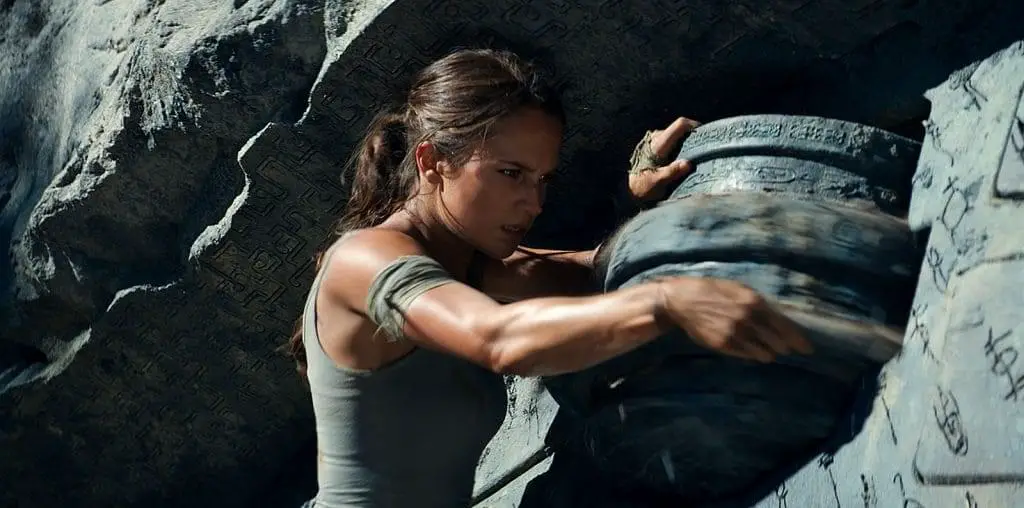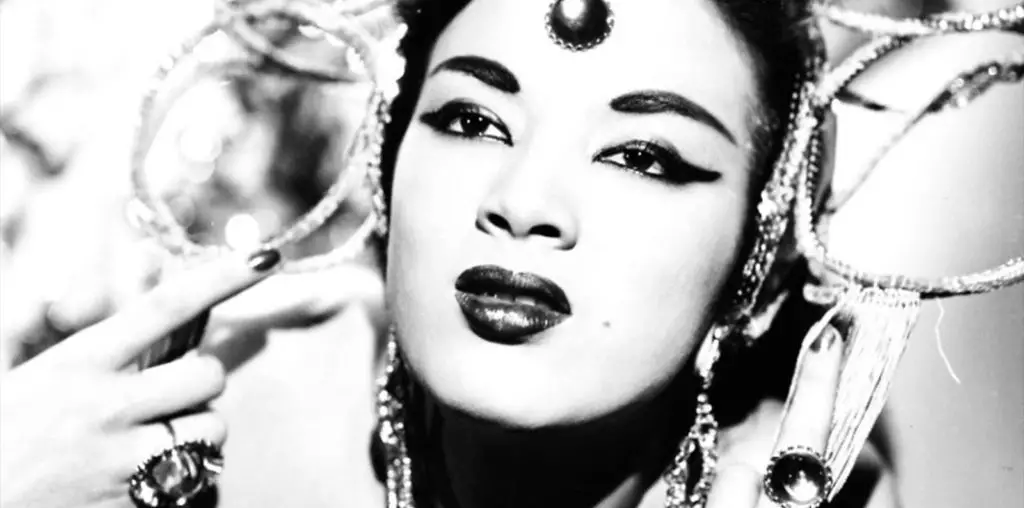
My first viewing of “The Game” was on that antiquated medium known as VHS tape, in the late 90s when the movie first arrived on home video. I admit I found myself befuddled as the end credits rolled: what I thought was a taut thriller turned out to be something else, as if a popped balloon revealed a tunafish sandwich.
On a mailing list for aspiring comic book writers that I used to haunt, I mentioned my confusion, sans the funky metaphor. Someone told me that the film was brilliant and I needed to watch it again. That didn’t happen until recently, when I finally had a chance to sit down with this new Blu-ray from Criterion.
I had forgotten so much of the film during the intervening years that the ending produced the same reaction in me. Then I considered it some more, remembering that even though “The Game” is shot in a realistic manner, it doesn’t have to be taken literally. After all, the story has some large plot holes that director David Fincher and screenwriters John Brancato and Michael Ferris must have known about at the time. Clearly they wanted us to push past those objections and look at what they were trying to express as they expertly deconstructed the thriller genre.
As I pondered this, I read some comments in an email from Matt Sorrento, a fellow film writer who has contributed to Film Threat and other web sites. He said to me: “I see ‘The Game’ as a bash on the financial elite, and the ending, an ironic tragedy to the rest of us (the rich can buy all this diversion while real terror to them is only gameplay).”
Ah, of course. A parable. A story meant to impart key ideas, even if the flow of the events doesn’t quite add up for the nitpickers. Yes, Consumer Recreation Services could not have possibly orchestrated such an elaborate scheme — there are so many moving parts and so many opportunities for everything to go awry. So what? Yes, Conrad is presented with the bill for the game at the end of the film, despite the fact that he’s been established as someone of meager means next to his uber rich brother Nicholas. Who cares?
Remember, just because you’re seeing realistic moving images does not mean they’re supposed to reflect reality as we know it. They’re mere flickering shadows on a cave wall, as Plato would tell us; the true reality is contained within the things that cast those shadows. In the case of “The Game,” we’re presented with Nicholas Van Orton, a man so wealthy, so seemingly in control of his life, that he can’t help but accept a life-changing birthday present from his ne’er-do-well brother.
When Nicholas’ application with Consumer Recreation Services is rejected, he plays right into the puppet masters’ hands and dives headfirst down the rabbit hole (Jefferson Airplane’s “White Rabbit” plays a couple times on the soundtrack to drive that point home) and confronts his own shortcomings. What on the surface is a high stakes, white-knuckle thriller is actually a simple story about a man coming to terms with the emptiness in his life. Like I said, it’s a deconstruction of the thriller genre. And it’s a parable. And a dessert topping.
If you want to look at it another way, I’ll offer a quote from the essay in the booklet included in this Criterion release. David Sterritt writes: “Fincher himself has described ‘The Game’ as a postmodern version of ‘A Christmas Carol,’ with Nicholas as a Scrooge-like emotional miser who regains his soul after passing through a whirlwind of life-changing encounters.”
That same booklet notes that Fincher approved the new digital transfer that was created for this Blu-ray release. There are plenty of places online where you can read nuanced critiques of the video and audio on Blu-ray discs, so I’ll simply say that the movie looks great on my Sony HDTV. I can’t believe I ever subjected my eyes to VHS tapes.
Unfortunately, the extras on this disc aren’t as in-depth as I hoped they would be, although most of them were previously available only on Criterion’s laserdisc of the film, making this a worthwhile upgrade from any previous DVD release you might have. The centerpiece is a commentary track starring Fincher, Brancato, Ferris, Michael Douglas, digital animation supervisor Richard “Dr.” Baily, production designer Jeffrey Beecroft, and visual effects supervisor Kevin Haug. They were recorded separately, with a narrator introducing each one before they speak for the first time. It’s a good track with plenty of worthwhile information, and since the group wasn’t recorded together, there’s no lapsing into goof-off time or wandering into idle reminiscing.
The same group, except Brancato and Ferris, also shows up in the optional commentary that runs over nearly an hour’s worth of behind-the-scenes footage that covers the four major set pieces (the dog chase, the taxi scene, Christine’s house, and the fall), along with a smattering of location shoots around San Francisco. You’ll probably want to enable the commentary the first time you watch it, since the fly-on-the-wall footage doesn’t have much interesting audio anyway, unless you enjoy hearing the director yell “Cut!” a lot. A group of film-to-storyboard comparisons also cover those four set pieces, running about 12 minutes total.
Fincher also provides commentary on the theatrical trailer, while Baily shows up to comment on the teaser, which features audio from the film over a 3D animation of a marionette, as well as the render test for the teaser.
If you’ve ever wanted to see the full psych test film that CRS shows to Van Orton, that’s also presented on the disc in its full two silent minutes.
Finally, there’s an alternate ending that’s only about a minute, but it would have slightly altered the mood just before the credits rolled, had it been used. Ultimately, I think the ending Fincher went with is the right one, because Van Orton has been dragged to hell and back and we’re left with the hope that he has actually changed his outlook on life for the better, like Scrooge. The alternate ending gives the impression that the game was just a diversion for him, and he’ll be back to his old cutthroat self on Monday.

